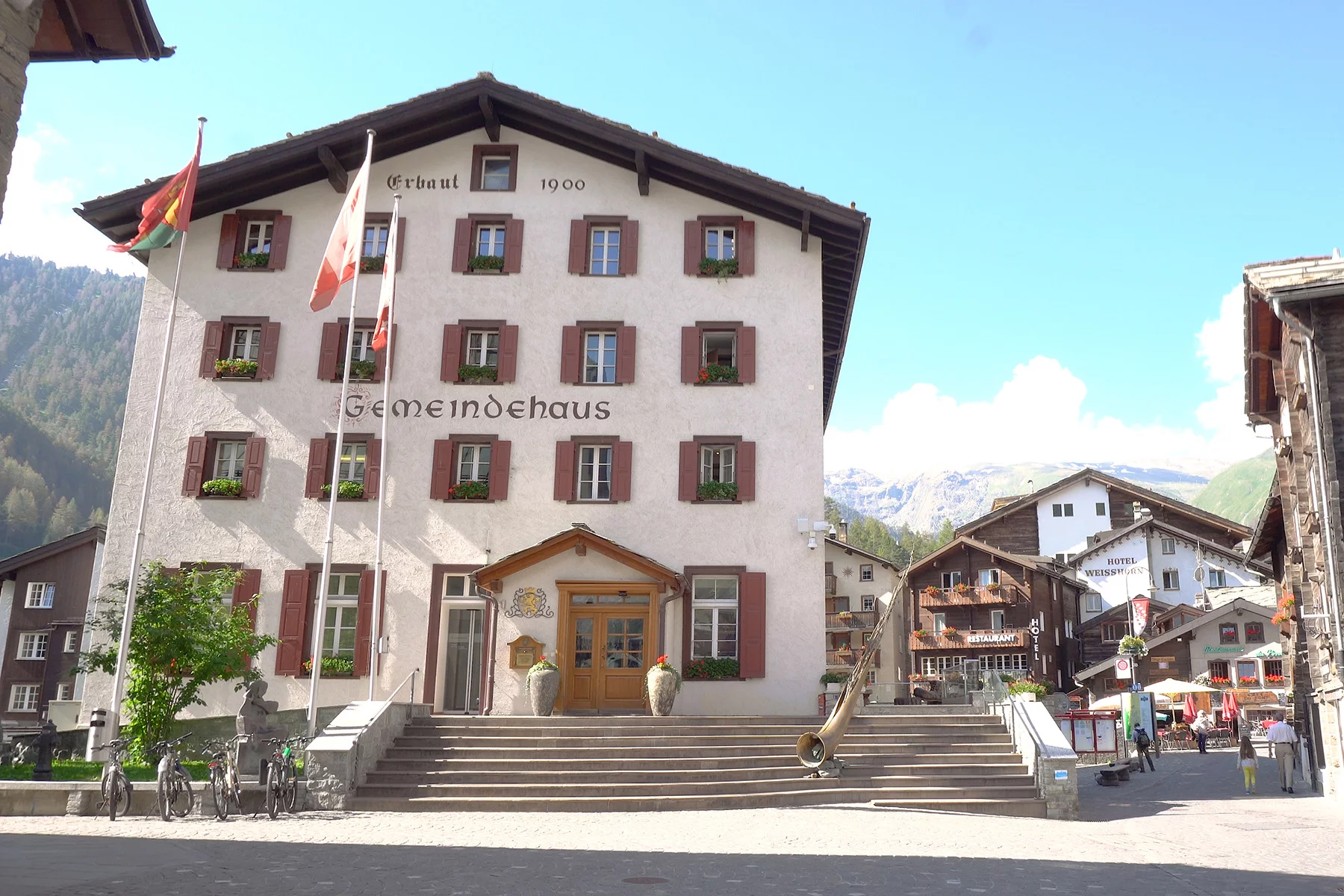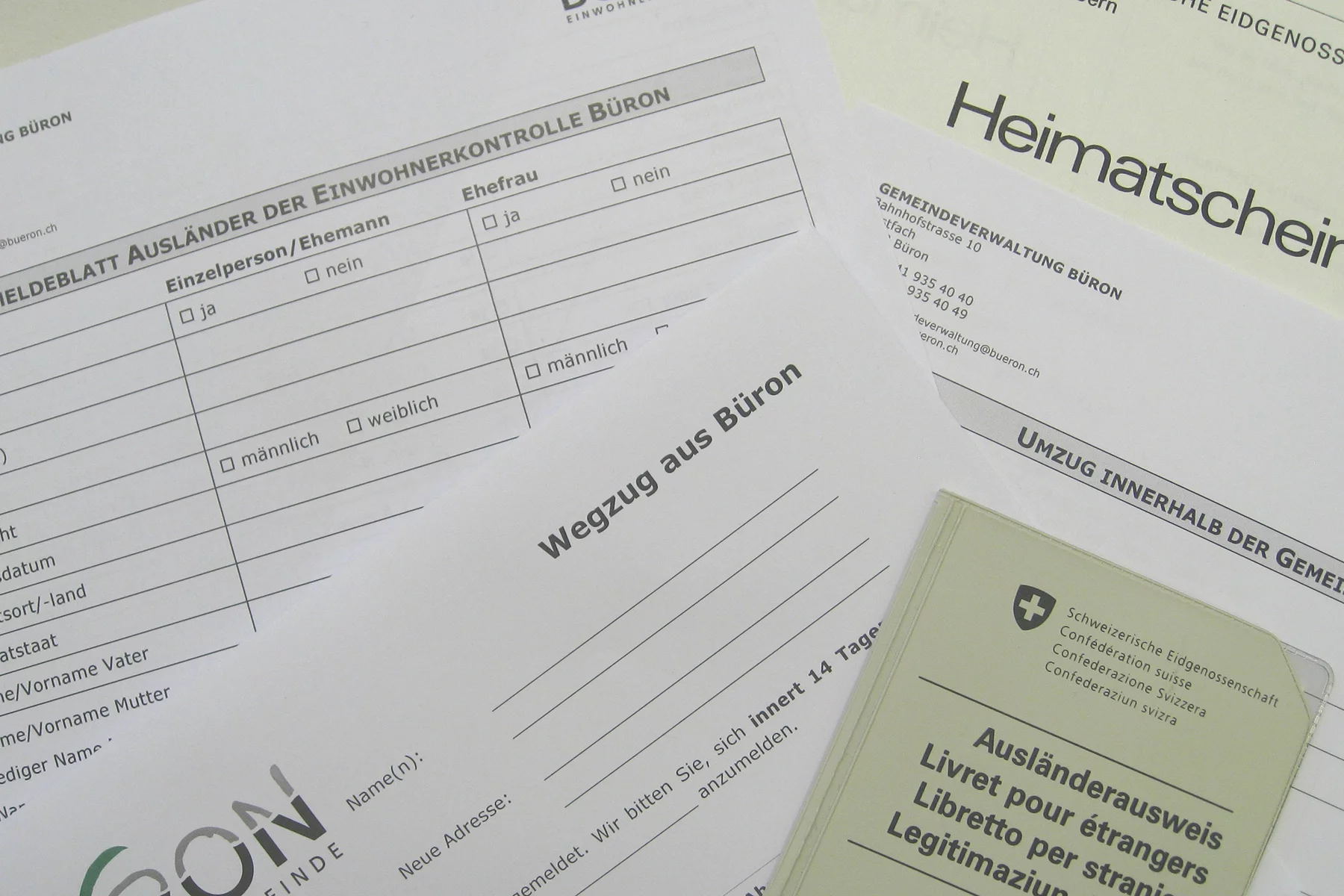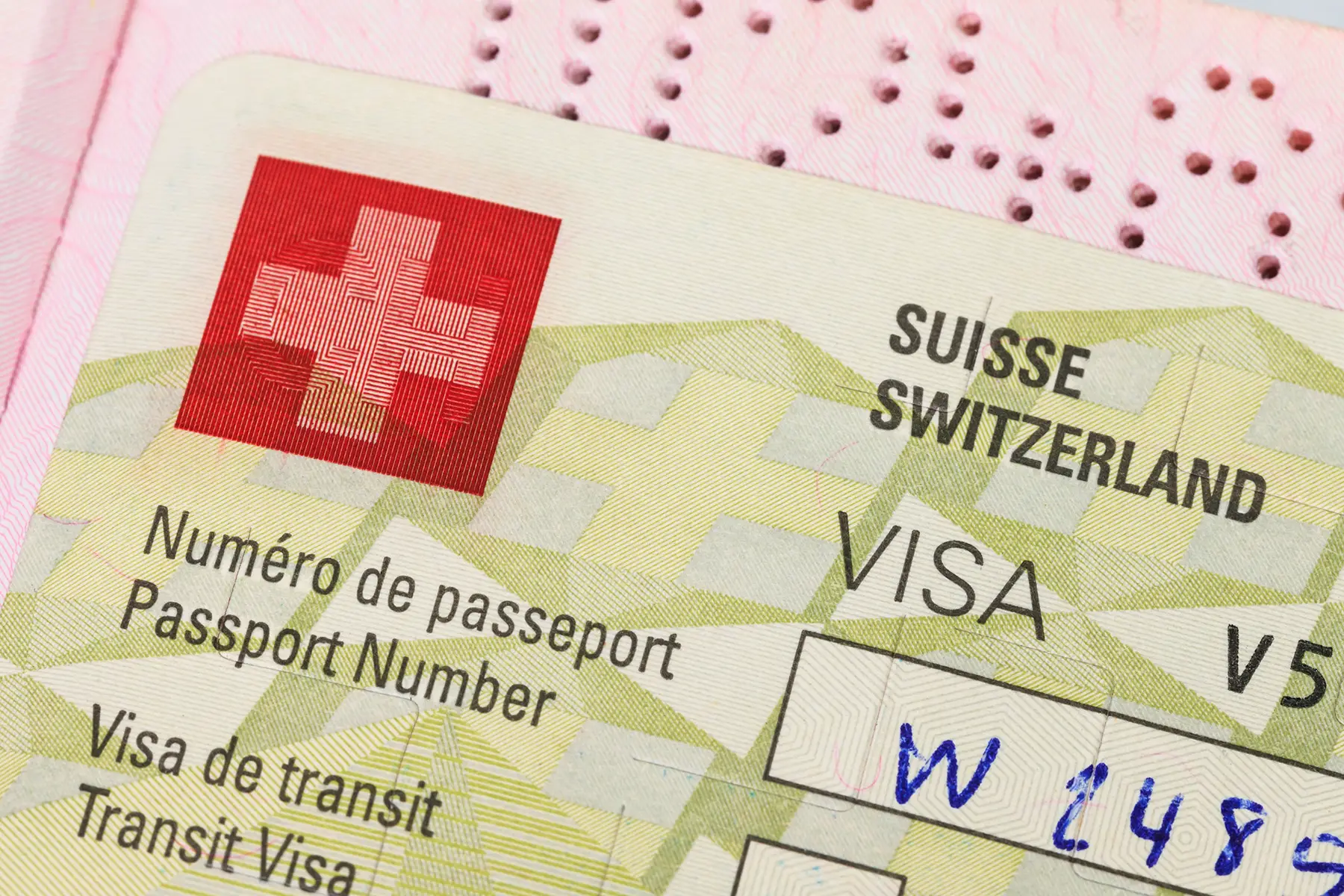Registering at your address isn’t just required, it is an essential step for getting settled when you move to Switzerland. For instance, you won’t be able to open a bank account, work, legally rent an apartment, or buy property without first completing the registration process with your local municipality. You only have 14 days from your arrival to complete this important task, so use this guide to find out everything you need to know about registering at your address in Switzerland.
Let’s dive in:
Sirelo
It's no secret that moving abroad can be stressful. Sirelo's team of removal advisers is here to help. They provide five free quotes from international shipping companies so you can find the best options at the best prices. Take the stress out of your relocation to Switzerland with Sirelo.
What it means to register at your address in Switzerland
In short, you’ll need to register and deregister each time you relocate to and within Switzerland. You must also register every member of your household at your address, even your dog.

If you want to stay longer than 90 days in Switzerland, you must first register at your address. You should take care of this within 14 days of entering Switzerland to live or work. This rule still applies if you are in a hotel or other temporary residence.
Registration is also a key part of the process of becoming a legal Swiss resident. If you’ve relocated to work in Switzerland, you cannot begin your job until you have registered at your address.
Swiss taxes vary based on the canton and municipality where you live, so the Swiss authorities take this regulation very seriously. You could, consequently, get a hefty fine for not complying.
Registering at your address as a new arrival to Switzerland
As a new arrival, you’ll complete the process in person at the residents’ registration office where you are residing. Depending on which part of Switzerland that you’re in, this office could be called the Einwohnerkontrolle, or Contrôle d’habitants, or Controllo Abitanti. On the other hand, you may need to visit your local municipality office (Gemeindehaus/Maison communale/Casa comunale).
The quickest way to find the correct office for registration or deregistration is to enter your municipality into the search fields provided by the Swiss authorities online. This search function will give you a link to the website for your local resident services.
In some cities, such as Zurich, you’ll visit the office that oversees your district. In that case, you can determine the correct office by your postcode.

Here are some important things to keep in mind for the registration process:
- If your registration is successful, you will receive your residence permit.
- Registration can take from one hour to half a day.
- In most Swiss cantons, you must register in person.
- Prepare all the necessary documents in advance, whether you register online or in person.
- Plan to pay CHF 100 to CHF 400 per person in registration fees. The exact cost and payment method varies by canton. Some municipalities will require cash payment upon registration.
Additionally, every non-Swiss national who wishes to stay in Switzerland longer than 90 days will need to report to the municipal migration office within 14 days of their arrival. If you’ve relocated on a work contract, however, it is possible that your employer has taken care of this step of your move to Switzerland for you.
Registration in Switzerland for non-EU/EFTA citizens
For non-EU/EFTA citizens moving to Switzerland, registering at your address is an integrated part of your residence permit application. This process must be completed in person at your local municipality’s residents’ registration office.
Non-EU/EFTA citizens with a work permit can expect to pay CHF 200 to CHF 400 per person in registration fees. Some municipalities will require a cash payment to complete the registration. On the other hand, the local authorities may send you an invoice instead.
Following a successful registration, you will also receive a residence permit giving you the right to work in Switzerland, or a residence permit with no right to work.
Registration for EU/EFTA citizens
EU and EFTA citizens are also required to register at their address and should visit the local residents’ registration office in person to do so. As an EU/EFTA national, you have a legal right to live and work in Switzerland, but you still need to register and receive a work or residence permit. You’ll be issued the applicable permit when you register at your address.
From 1 January 2021, UK nationals have the same registration process as non-EU/EFTA nationals.
Documents required for registering your address
Firstly, it is always a good idea to give your municipality a call to confirm the necessary registration documents. Swiss municipalities might ask for specific documents depending on your country of origin and the reason for your stay.

Here is a list of documents that are typically required when you register for the first time in Switzerland:
- Valid identification (EU/EFTA) or passport (non-EU/EFTA) of each family member
- Birth certificates of children
- Marriage certificate or decree absolute (if applicable)
- If your documents are from a non-EU country or not in English, you most likely will need to provide certified translations
- Your residential lease contract. Proof of local residence/address is required for registration. This can be a temporary accommodation address that must be valid until the issue of the final residence/work permit.
- Work contract or confirmation of admission to higher education institutions
- For non-EU/EFTA citizens: police record from your home country, work permit approval/ entry visa
- Only for dependants: certificate proving competence in the local language of Level A1 at a minimum, or proof of registration in a language course with this qualification as its goal (Not applicable for nationals from Germany, Austria, Belgium, Denmark, Spain, France, Greece, Italy, Netherlands, principality of Liechtenstein and Portugal).
Moving to a new address within Switzerland
Moving homes (umzug) in Switzerland is defined as a change of address within the same municipality or leaving your current municipality to move to another. Either way, you are expected to register at your new address with the municipality within 14 days of your move within Switzerland.
Moving to an address within the same municipality is the most straightforward process. In that case, you can typically notify the residents’ registration office of your change of address. If you’re leaving your municipality or canton, however, you must deregister from your previous address. Of course, the registration and deregistration process varies across cantons. Some cantons will also require you to provide notice of your departure from the canton within 14 days before your move.
Register and deregister online
You can fulfill the registration requirements online for some cantons by using the eUmzug service. These cantons allow online address registration and deregistration:
- Aargau
- Appenzell Ausserrhoden
- Bern
- Glarus
- Grisons
- Luzern
- Schwyz
- Solothurn
- St. Gallen
- Thurgau
- Uri
- Zug
- Zurich
You won’t be able to use the service under certain conditions. For example, you must be 18 or over to use the service and weekly residents aren’t permitted. You also cannot deregister online if you are moving abroad.
Register or deregister in person
If you’re not able to register or deregister online you can visit your local municipality office. You typically don’t need an appointment to complete this step. However, the process may have changed during the COVID-19 pandemic. That said, you should check the municipality website to confirm the appointment protocols and the required documents.
Documents typically required for address registration and deregistration when you move within Switzerland are:
- Immigration card
- Passport (for EU/EFTA nationals, an identity card is also sufficient)
- Registration confirmation
- Rental agreement or other proof of residence
Lastly, don’t forget that you may need to pay registration fees upfront. The municipality may require a cash payment.
Additional registration requirements in Switzerland
Switzerland’s registration requirements don’t just apply to people. If you move to or within Switzerland you will need to consider your pets and cars.

For example, your dog needs to be registered at your address because Switzerland taxes dog owners. Therefore, you also need to inform your municipality if you move or if your dog dies. You should additionally check with your municipality on the local rules and requirements for dogs. If you move with your dog to Switzerland from abroad, you must register it in the AMICUS database (in German, French, and Italian) and with a veterinarian within 10 days of arrival in the country.
Even if you stay within the same canton, you will need to change the address of your car registration. You should do this within 14 days of your move and you will then need to pay a fee. If you’re staying in the same municipality, this process can typically be completed over the phone. However, a change of canton requires new license plates. This is because in Switzerland license plates are associated with the name and address of the car owner and not the car itself. You can pick up new plates from the road traffic office of your new canton.
Useful resources
- Cantonal authorities for migration – Directory of contact info for cantonal offices dealing with registration and residence permit topics
- State Secretariat for Migration (SEM) – Government office for immigration, residency, and citizenship matters
- Swiss Authorities Online – Official website for info on a variety of topics, including entry visas and residence permits
- Swiss authorities on registration and deregistration – An overview from the Swiss government on the registration process.
- State Secretariat for Migration (SEM) – Overview of ID and visa provisions according to nationality (pdf)
- Moving and registration in Zurich – Information on registration and deregistration specific to Zurich
- Welcome to Geneva – Requirements for moving to and within the canton of Geneva







